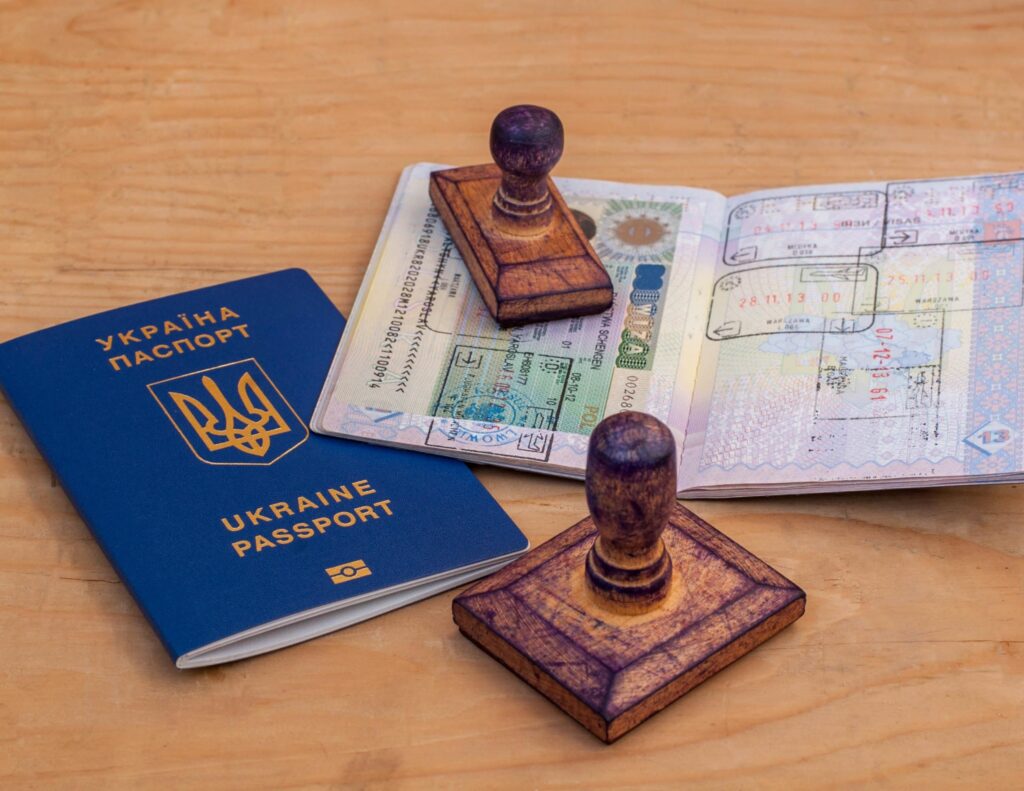
Navigating Cultural Transitions: A Comprehensive Guide for International Students
Moving to a different nation for school is an exciting but difficult experience. International students must navigate new social mores, languages, and lifestyles as they adapt to a new society. Academically and personally, it’s a voyage of discovery that calls for an active attitude to cultural assimilation. This thorough guide provides helpful tips and advice to ensure a seamless transition, allow you to fully enjoy the culture of your host country, and maximise your study abroad experience.
1. Deciphering the Cultural Code: Learning Local Etiquette
Building healthy connections and adjusting to daily life in your new setting require an understanding of and adherence to social standards. Even though they are frequently inadvertent, cultural faux pas can cause miscommunications and make it more difficult to integrate.
• Pre-Arrival Research: Learn about your host country’s traditions, customs, and social etiquette before you even pack your luggage. Get a basic grasp of the cultural scene by reading books, viewing documentaries, and using internet tools. Be mindful of things like greetings, proper eating manners, gift-giving traditions, and attire for various events.
• Observe and Inquire: Once you’re there, pay close attention to local behaviour. Observe how people behave in public places, professional settings, and social settings. If you have any questions or concerns, don’t be afraid to ask them. The majority of individuals are glad to share their cultural customs with visitors.
• Gradual Adaptation: Cultural adaptation is a gradual process. Don’t expect to become fully assimilated overnight. Start with small steps, such as learning basic greetings in the local language or adopting local dining customs. Be patient with yourself and allow time for adjustment. Every small effort you make to adapt will contribute to a smoother transition.
• Empathy and Respect: Approach cultural differences with empathy and respect. Remember that there is no “right” or “wrong” way of doing things. Cultural norms are simply different ways of life. Be open to learning from other cultures and avoid making judgments based on your own cultural background.
2. Bridging the Communication Gap: Embracing the Language
Learning the local language is not only essential for practical communication but also demonstrates respect for the culture and its people. It opens doors to deeper connections and a richer understanding of your host country.
• Formal Language Classes: Many universities offer beginner language courses specifically designed for international students. These courses provide a structured learning environment and a solid foundation in grammar, vocabulary, and pronunciation.
• Informal Language Practice: Supplement your formal language classes with informal practice. Use language learning apps like Duolingo or Babbel, watch local television shows and movies, and listen to local music. Most importantly, interact with locals as much as possible. Don’t be afraid to make mistakes; it’s all part of the learning process.
• Immersion and Interaction: Immerse yourself in the language by surrounding yourself with it. Label objects in your home with their local language names, listen to local radio stations, and try to think in the local language. The more you expose yourself to the language, the faster you’ll learn.
• Patience and Persistence: Language learning is a marathon, not a sprint. Be patient with yourself and don’t get discouraged if you don’t see results immediately. Focus on small victories and celebrate your progress. Consistency and persistence are key to language acquisition.
3. Building Bridges: Creating a Support Network
Making friends in your new surroundings is essential to reducing feelings of loneliness and establishing a network of support. Your adjustment and general well-being might be greatly impacted by having individuals you can rely on.
• Join Student Groups and Clubs: Participate in clubs and organizations related to your interests, whether it’s sports, hobbies, or academic pursuits. This is a great way to meet like-minded people and make friends.
• Seek Mentors and Advisors: Connect with senior students, professors, or local advisors who can provide guidance and support. They can share their experiences, offer advice on navigating university life, and help you connect with other resources.
• Engage in Community Activities: Volunteering or attending local cultural events is a fantastic way to meet people outside of the university community and feel more connected to your host country. It also gives you a chance to learn more about the local culture and contribute to the community.
• Connect with Your Embassy or Consulate: Your embassy or consulate can provide support and resources for international students, including information on visa regulations, cultural events, and emergency assistance.
4. Embracing the Unknown: Cultivating an Open Mind
Cultural differences can be surprising and sometimes challenging. Cultivating an open and positive mindset is essential for successful cultural adaptation.
• Challenge Stereotypes: Avoid making generalizations or relying on stereotypes about a culture. Focus on individual interactions and get to know people on a personal level. Remember that every individual is unique, and cultural stereotypes can be misleading.
• Appreciate Diversity: Embrace the opportunity to learn about different traditions, cuisines, and worldviews. Cultural exchange is a two-way street. Be open to learning from other cultures and sharing your own.
• Share Your Culture: Teaching others about your background, traditions, and customs fosters mutual understanding and appreciation. It’s a great way to break down cultural barriers and build bridges between cultures.
5. Maintaining Ties: Staying Connected to Home
Maintaining relationships with loved ones back home is just as vital as fully assimilating into your new culture. Keeping in touch during this time of change offers stability and helps fight homesickness.
• Schedule Regular Calls and Video Chats: Make time for regular calls and video chats with family and friends. Seeing their faces and hearing their voices can provide emotional comfort and help you feel connected despite the distance.
• Share Your Experiences and Adventures: Keep your close circle updated about your journey, achievements, and challenges. Sharing your experiences helps them feel involved in your life and strengthens your bond.
• Celebrate Traditions and Holidays: Observe festivals or practices from your home culture to maintain a sense of identity and connection to your roots. Sharing these traditions with your new friends can also be a fun and educational experience.
6. Prioritizing Well-being: Taking Care of Yourself
The transition to a new culture can be stressful, and it’s essential to prioritize your physical and mental well-being.
• Establish Routines: Maintaining regular meals, exercise, and sleep patterns can contribute to stability and help you feel more grounded during this period of adjustment.
• Seek Help When Needed: Many universities offer counseling services and peer support programs for international students. Don’t hesitate to reach out for help if you’re feeling overwhelmed, anxious, or homesick.
• Explore at Your Own Pace: Give yourself time to acclimate to your new environment without feeling pressured to do everything at once. It’s okay to take things one step at a time and explore at your own pace. Don’t compare your experience to others; everyone’s journey is unique.
7. Embrace the Journey: A Transformative Experience
Although adjusting to a new culture can be difficult, it’s also a fantastic chance for enrichment, personal development, and self-discovery. You may make the transition easier and more satisfying by adopting local traditions, forming bonds with people, and striking a balance between your new life and ties to your family back home. Keep in mind that it’s acceptable to go cautiously. Breaking through cultural boundaries will be a life-changing and fulfilling event that will improve your life in many ways. Accept the challenge, have an open mind, and give yourself permission to develop and gain knowledge from this amazing chance.



